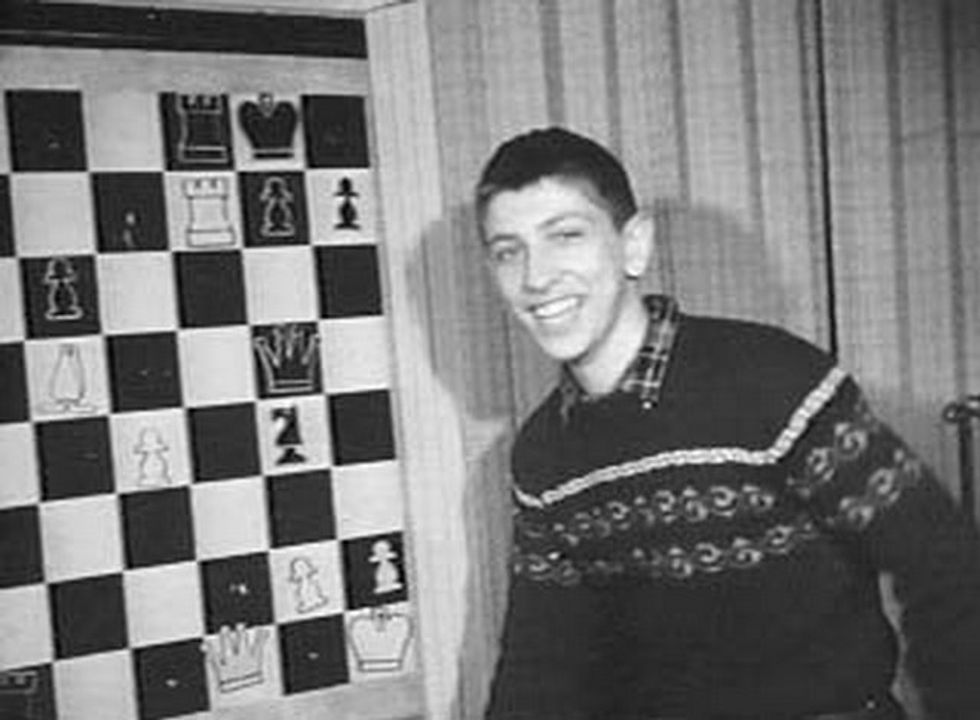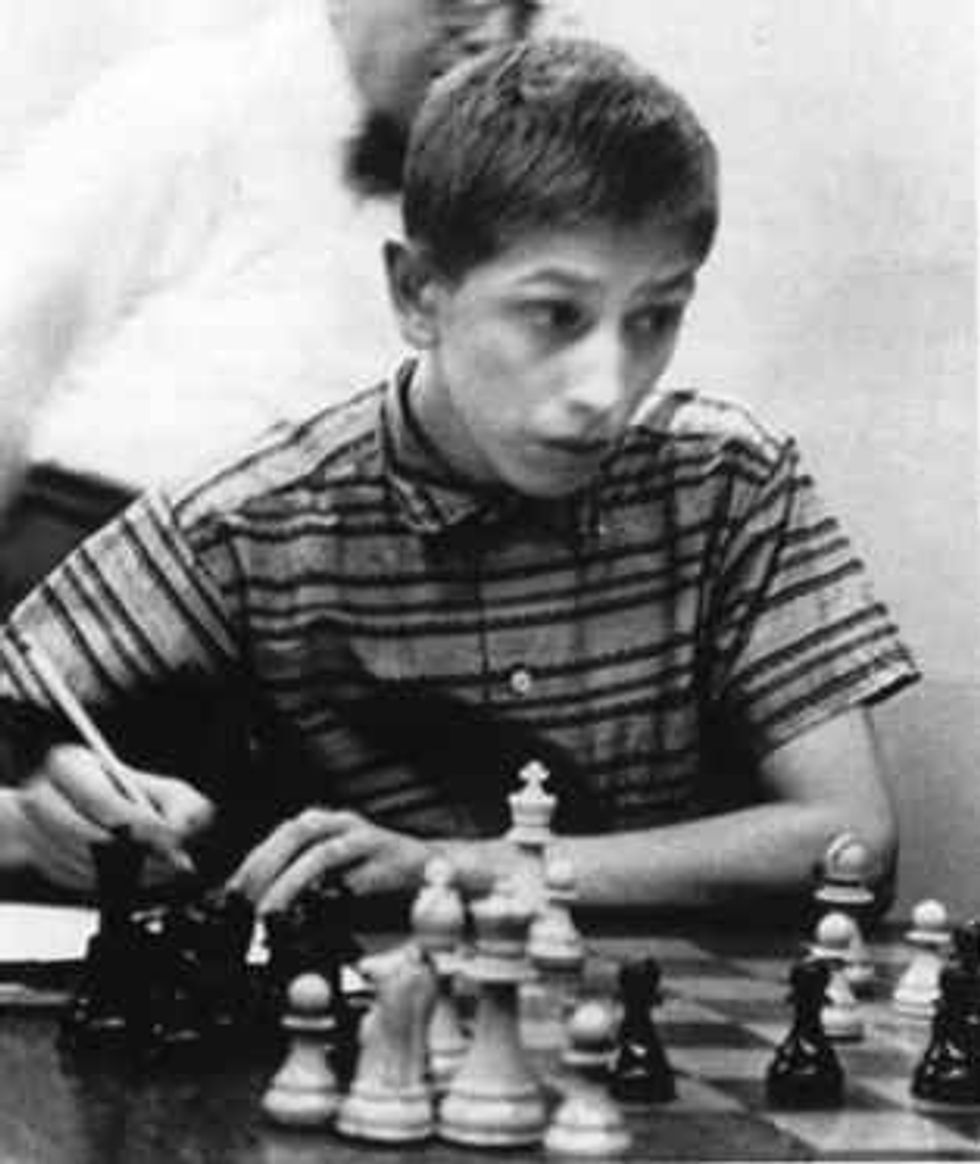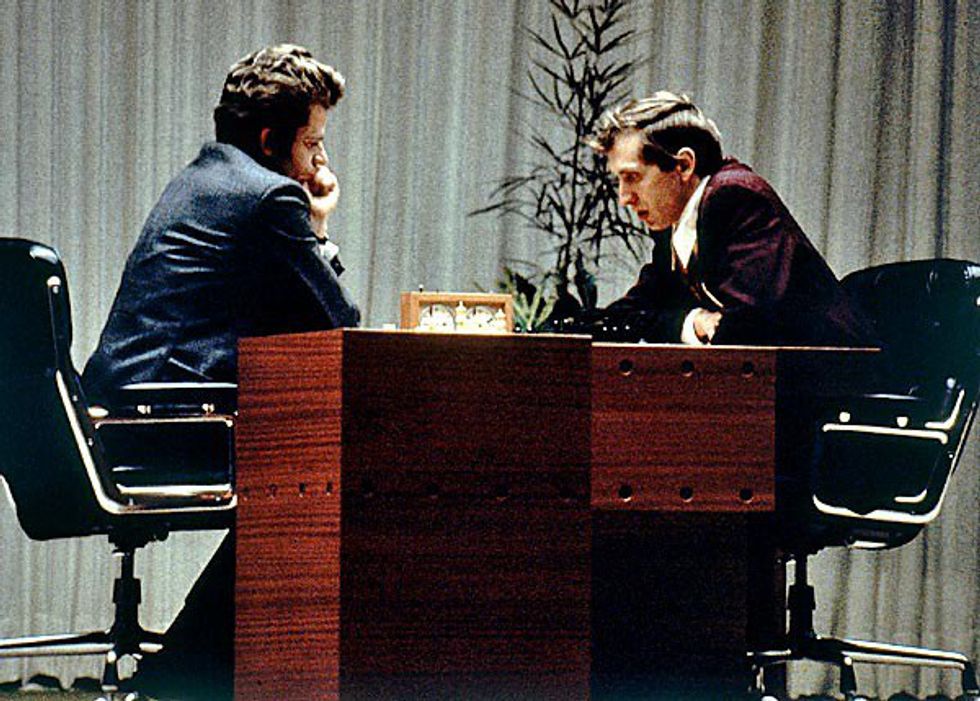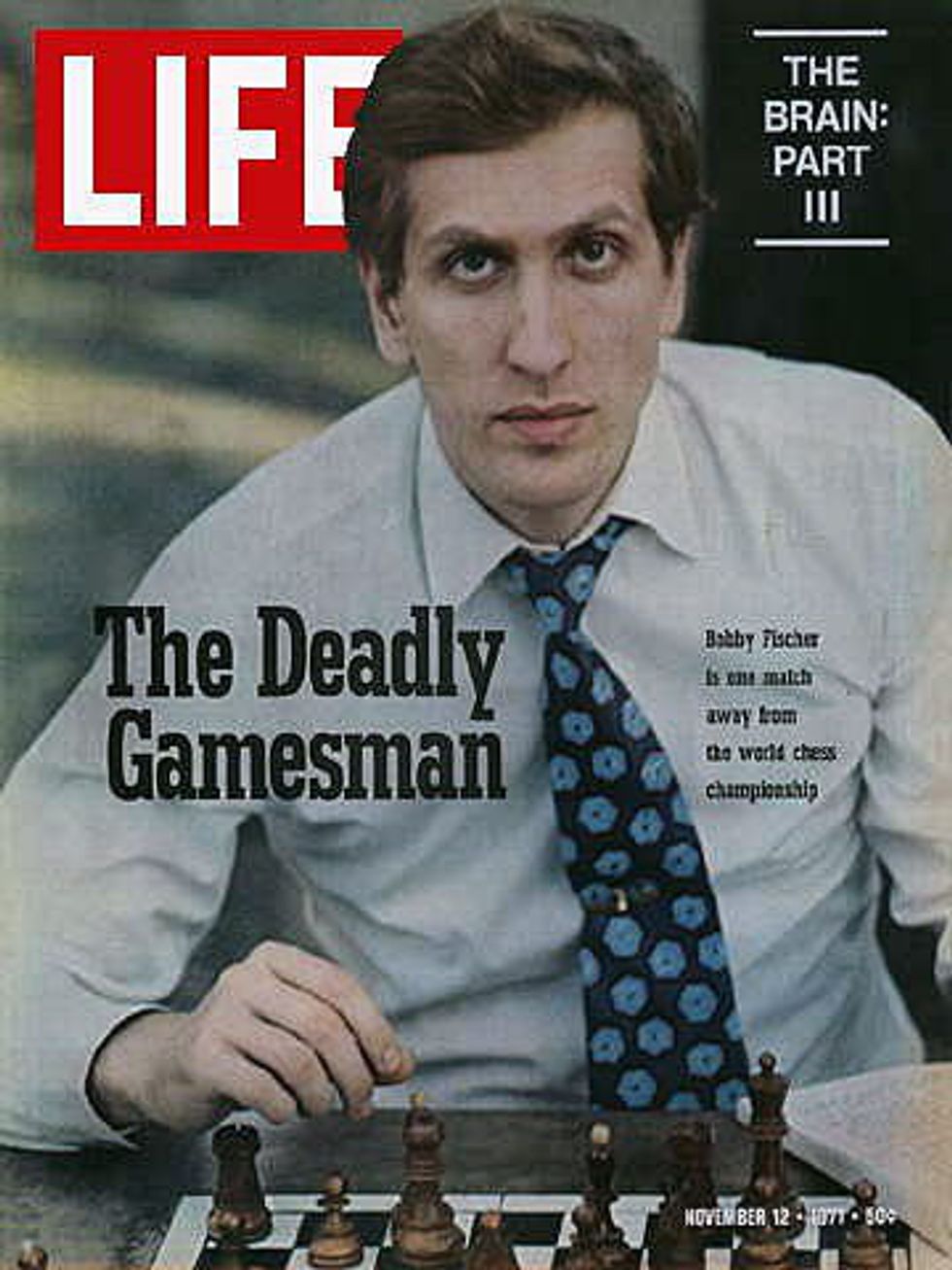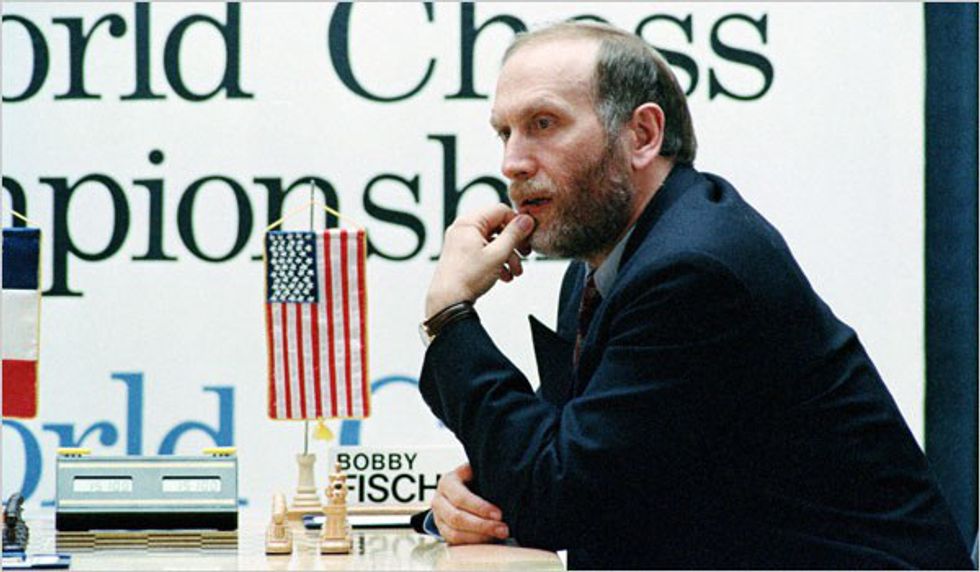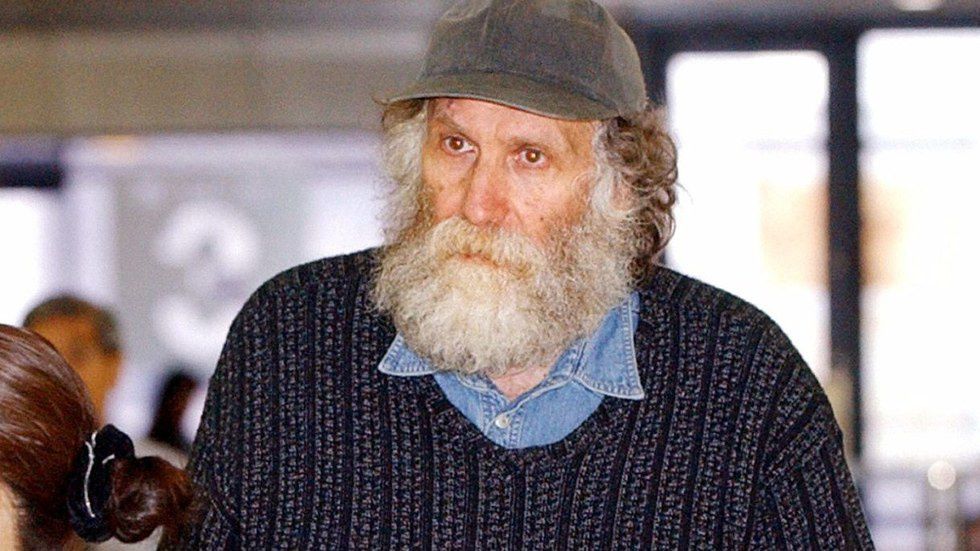He has been hailed as the greatest chess player to have ever lived. He also lived an extremely erratic existence that perplexed and mystified everyone around him, providing a stark contrast to his brilliance as a chess player. Yet, chess players now do not get nearly the same amount of attention they did back when Bobby Fischer was dominating. One may ask: Why should we care about a weird chess player whom nobody talks about anymore?
I believe that there are two reasons you should care. One, because Bobby Fischer is a paragon of someone for whom practice and hard work can make the impossible become possible; and two, because his life shows that it is incredibly easy to lose all of your success if you’re not careful. Both of these points are not given enough attention in today’s society, and more people than not go their entire lives without realizing, or developing, their potential. However, by examining the brilliant and erratic life of Bobby Fischer, one can potentially circumvent this grievous and wasteful fate shared by many, and work towards fulfilling one's purpose and finding true happiness.
Bobby Fischer, born in 1943, grew up without a father and with a mother who -- though very caring and loving -- worked as a nurse, thus leaving Fischer alone at home for long periods of time. Fischer had a sister, but from an early age showed a tendency towards being alone. This love of isolation would come to define his life for many reasons. The most significant consequence of his extreme introversion, however, was his ability to focus absolutely and unwaveringly on the game of chess, which he first played when he was 6-years-old.
Bobby Fischer and chess were inseparable; so attached was Fischer to the game that his mother began to grow concerned for his well-being. Yet the countless hours Fischer spent dissecting and analyzing the game (he even taught himself several foreign languages in order to read as many chess books as possible) allowed him to develop the skills necessary to become the best in the world. There is no other way to get to the top -- one must put in the hours and work to achieve one’s goals (starting at an early age like Fischer did is extremely beneficial as well).
Fischer’s relentless intensity and genius-like ability to absorb the strategies of every chess book in existence propelled him to stardom by the time he turned 13. At that age he played the “Game of the Century,” beating a top American chess master and former U.S. Open champion. By age 14, Fischer had won the U.S. Championships and by 15, he had become the youngest grand master in history. Fischer’s greatest victory, however, came in 1972, when he won the World Chess Championships in Iceland against the Soviet Union’s Boris Spassky; it was a victory many saw as a symbolic in the fight of democracy against communism.
Rule number one: If you want something, work like hell to get it.
It was also at these championships, however, that Fischer’s first real signs of paranoia appeared, an affliction that would dramatically propel his downfall in the years to come. Fischer nearly left in the middle of the Championships after complaining that the television cameras at the event were too distracting; he only stayed because Spassky, who had established an early lead, agreed to move into another room.
After winning the title, Fischer’s popularity reached an all-time high in the United States. He became a household name, making the cover of Sports Illustrated and going on several popular talk shows. Yet despite his success and fame, Fischer's next move was to abruptly quit the game of chess and vanish publicly for the next 20 years, publicly resigning his title of World Champion in the process. Even today, nobody knows what prompted Fischer’s sudden and dramatic disappearance; it is possible that, as an introvert, he became overwhelmed with the amount of attention he was receiving and chose to simply run away from it all. Another theory is that he quit because he had nothing left to prove.
Regardless, Fischer’s next public game wouldn't take place until 1992, a rematch of the 1972 World Championship game against Spassky. Though Fischer won, once again, the match took place in Yugoslavia, where it was illegal to collect prize money under United Nations and United States law. Fischer’s response to being warned that he would be breaking the law was to spit on a copy of the law in front of several members of the press. Consequently (and unsurprisingly), an arrest warrant was issued for Fischer, whereupon Fischer became a fugitive. He lived in Hungary, the Philippines and Japan for the next several years.
The last 16 years of Fischer’s life are defined by his anti-Israel and anti-American views, which cost him his American citizenship. Mere hours after the events of 9/11, Fischer gave a radio interview praising the attacks, saying, “I applaud the act… This just shows you, that what goes around, comes around even for the United States.” In other interviews, he spoke out against Jews, publicly expressing his wish that a military coup d’état in the U.S. would “close down all the synagogues, arrest all the Jews, execute hundreds of thousands of Jewish ringleaders.”
The culmination of Fischer’s downfall occurred in 2004 when Fischer was detained at a Japanese airport for trying to use his revoked U.S. passport. Though he was living in Japan at the time, and attempted to seek asylum there, Fischer’s request was refused by Japanese officials. Knowing that he was facing deportation to the United States, Fischer began a desperate campaign to find a country willing to offer him asylum. Iceland eventually agreed to grant him citizenship, feeling grateful for being put on the map by Fischer’s 1972 World Championship win. Fischer lived there in almost complete isolation for the next four years, until his death in 2008.
Differing reports paint extremely convoluted pictures of Fischer’s mental state. Some who met him later in his life said that he appeared to be a perfectly normal, albeit misjudged individual. Others say his behavior defies all reason and logic, especially considering Fischer’s high IQ and obvious brilliance. Regardless, it is clear that Fischer misjudged how popular he would become after winning so many chess games, especially so early in his life, and simply didn’t know how to handle it, resulting in his untimely downfall.




